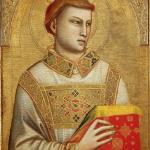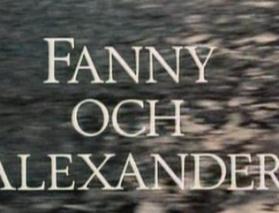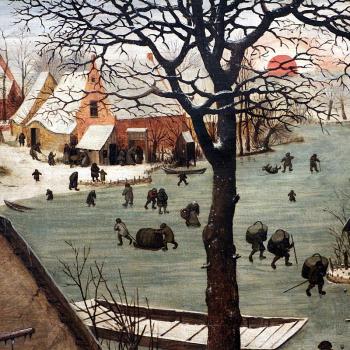But this can be taken even further. Note these few lines from the Canon:
O Father of Mercies, as God of peace, unto us hast Thou sent forth the Angel of great counsel Who brings His peace. Therefore watching through the night we are guided by the light of the knowledge of God, therefore, we glorify Thee, O Lover of Man! (The Nativity Ode, Canon 7)
The “Father of Mercies,” the “God of Peace,” who has “sent forth the Angel of great counsel Who brings His peace.” Here we see that to glorify God means participating in His peace and mercy, both at the individual level and at the social level. To live His joy is to seek His peace; to accept His promise means to accept the guidance of His light amidst a world of darkness. Bringing this light into the night is no simple task, but it is another way of glorifying Him. We sit and break bread with out families, yes, but we also have the opportunity to reach out beyond ourselves into the world.
This is, I suspect, what Pope Francis meant by highlighting war and strife in his Urbi et Orbi address. Over and over again he speaks of seeing the face of Christ in the downtrodden, those dislocated by war and famine, those who live under the constant threat of torture and death. The Bishop of Rome asks us to come together to work for a world in which we better glorify Christ, in which His joy is better lived among the least of us:
The sign of Christmas has also been revealed to us: “a baby wrapped in swaddling clothes” (Lk 2:12). Like the Virgin Mary and Saint Joseph, like the shepherds of Bethlehem, may we welcome in the Baby Jesus the love of God made man for us. And may we commit ourselves, with the help of his grace, to making our world more human and more worthy for the children of today and of the future. (Pope Francis)
Some may see these as idle words, as an unnecessary politicization of the Christmas message. What I see here, however, is an attempt to glorify Christ, an injunction to go out into the world and participate in the work of the “Angel of great counsel” mentioned in the Nativity Canon. What we are asked to do, at least in the Byzantine tradition, is to glorify God. We know this task is impossible; He is already glorified. And yet the enjoinder remains, so we go to church and sing songs of praise. We visit with our families and eat and drink in a spirit of love, setting aside our differences, observing our mutual brokenness, the brokenness of a flesh Christ took on and redeemed. And yes, we ought to go out and serve the world, to live the joy of God among the hungry, the beaten, the weary, and the downtrodden, among the least of our brethren with whom Christ lives in a special way.
Christ is indeed born. Indeed we must glorify Him. Let us not forget that such glory comes in many forms. Let us not forget that glory means humbling and servitude, that the mistake of the Zealots was to think the messiah an earthly warrior rather than a true peacemaker:
Glory to Thee, our God, glory to Thee.
Christ our God has come in the flesh. The Father begot Him from the womb before the morning star. He rules the heavenly hosts, yet now He lies in a manger of dumb beasts. He Who looses the tangled knots of sin now is wrapped in swaddling clothes.
Glory to Thee, our God, glory to Thee. (The Nativity Canon, Ode 6)













